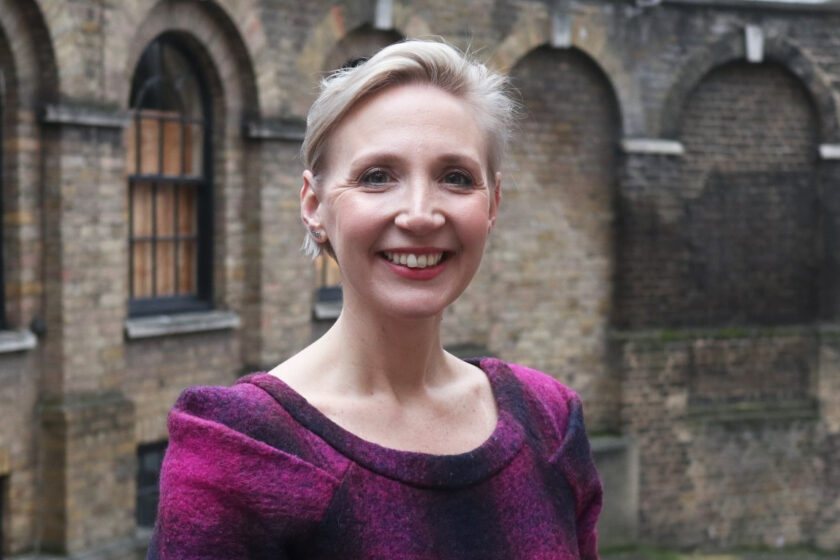
Today marks the 73rd birthday of the NHS and it is a chance to reflect on how NHS and healthcare staff have gone above and beyond for the people who have needed their care.
The past year has been a one of learning new ways of working in a rapidly changing environment. The resilience of our collective workforce has been tested to the limit because of the coronavirus pandemic.
As we mark and celebrate the role of nurses, midwives and all healthcare staff on such a significant day, we must reflect on what we have learnt over the last year and support the staff who have tirelessly worked both on and in support of the front line. Now is the time to harness their experiences, nurture their talent and move forward as one collective voice.
My immediate reaction to the impact of the pandemic was a desire to “help”.
As a mental health nurse and academic with expertise in psychological safety for staff, I felt the most significant value I could offer would be in providing supportive and reflective spaces for nurses working at all levels of the profession.
I was aware that the mental health needs of the workforce were being widely acknowledged and services were being made available but for me, this wasn’t about remedial interventions.
I was motivated to provide the type of learning space that enables nurses and midwives to acknowledge and explore the emotional impact of their role, gain support from others who are sharing the same experiences and reflecting on the significant ethical and professional dilemmas they were encountering.
There is no doubt that these environments provide a sense of improved wellbeing through being connected, being heard and having the time to think. This is their restorative function and central to staff maintaining their resilience and ability to express compassion in their care.
What is often not acknowledged though is the benefits for learning and developing leadership attributes. In addition to opportunity to explore the tensions between personal and professional, values which can often impact on the persons’ professional quality of life, job satisfaction and tendency to burnout.
At the Florence Nightingale Foundation, we are providing this learning opportunity through our Nightingale Frontline Leadership Support Service, launched at the start of the pandemic last year.
The service provides a safe space for nurses and midwives to come together with their peers and decompress by sharing their experiences with each other, and with expert facilitators.
Our ongoing evaluations show that this is a rare and valued forum for nurses to learn together and gain support. However, during the second surge we noted that the time to attend the sessions became increasingly difficult to protect.
The high levels of sickness in the workforce and day-to-day demands of the clinical environment have meant nurses prioritised the demands of the service over their need for ongoing support, reflection and connectivity.
This is a pattern we often see within our profession and is cited as the primary reason clinical supervision is rarely accessed or sustained. We do not see these same patterns in other health professionals who identify these learning opportunities as central to their ability to practise safely and effectively.
My message is to all my profession, working at all levels of the hierarchy in all different settings and services. The time to invest in your learning and support is not selfish or secondary to your clinical work. It is all part of the same thing. We are at our best as clinicians and leaders when we attend to the psychological and emotional impact of our work.
Strategies which cause us to put up walls to these issues are not only damaging our wellbeing but also impacting our ability to connect with the person who is receiving our care and our colleagues who are our network.
To our senior leaders – please give permission to prioritise and role model this as a routine aspect of our practice.
To our nurses and midwives at the point of care – please request and protect these learning opportunities and share with your teams the benefits you have experienced.
Let’s use our “one professional voice” and the awareness the pandemic has raised around the emotional impact of our work to embed these spaces to reflect and learn into our professional commitment to ourselves and the people who receive our care.